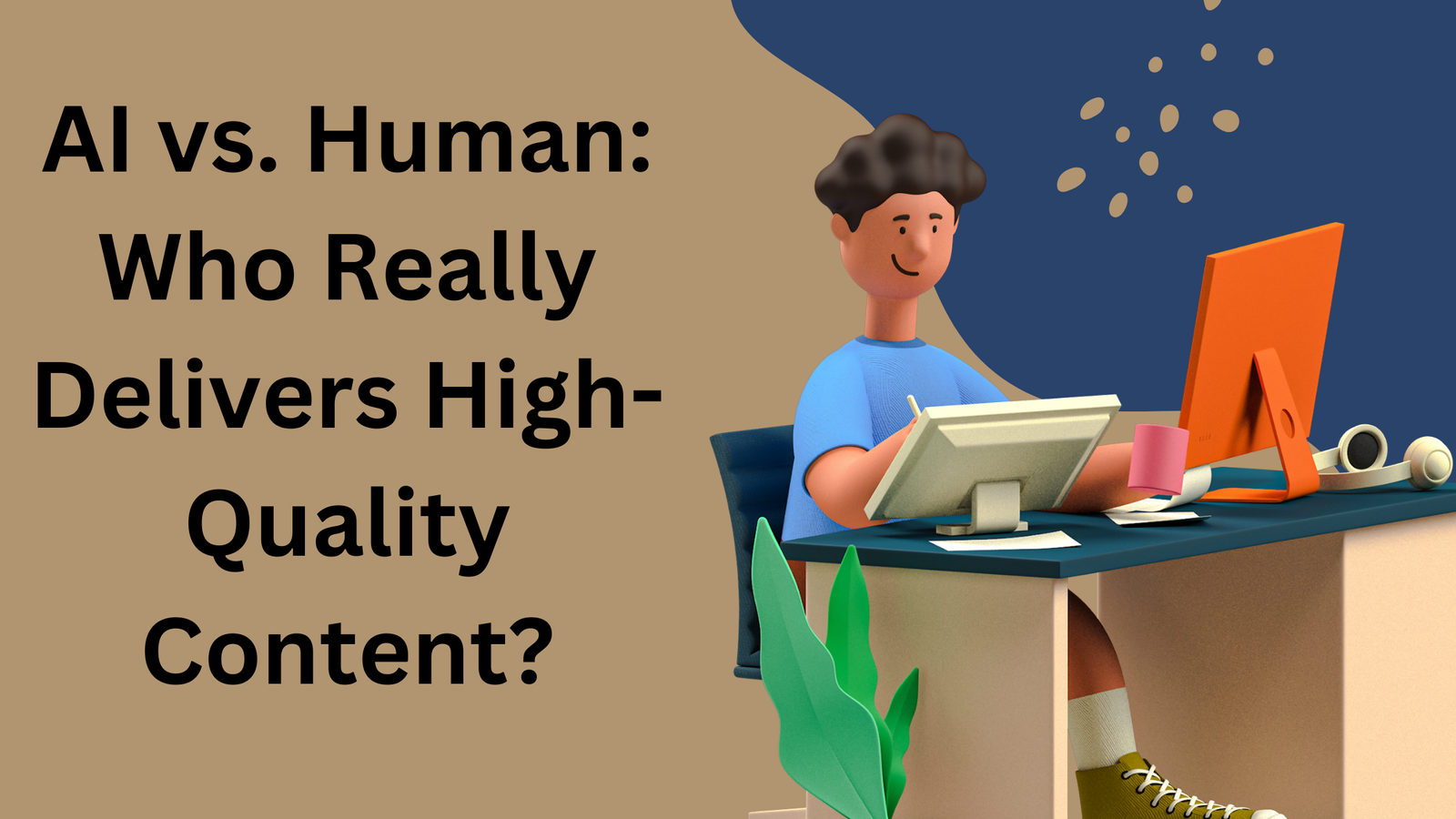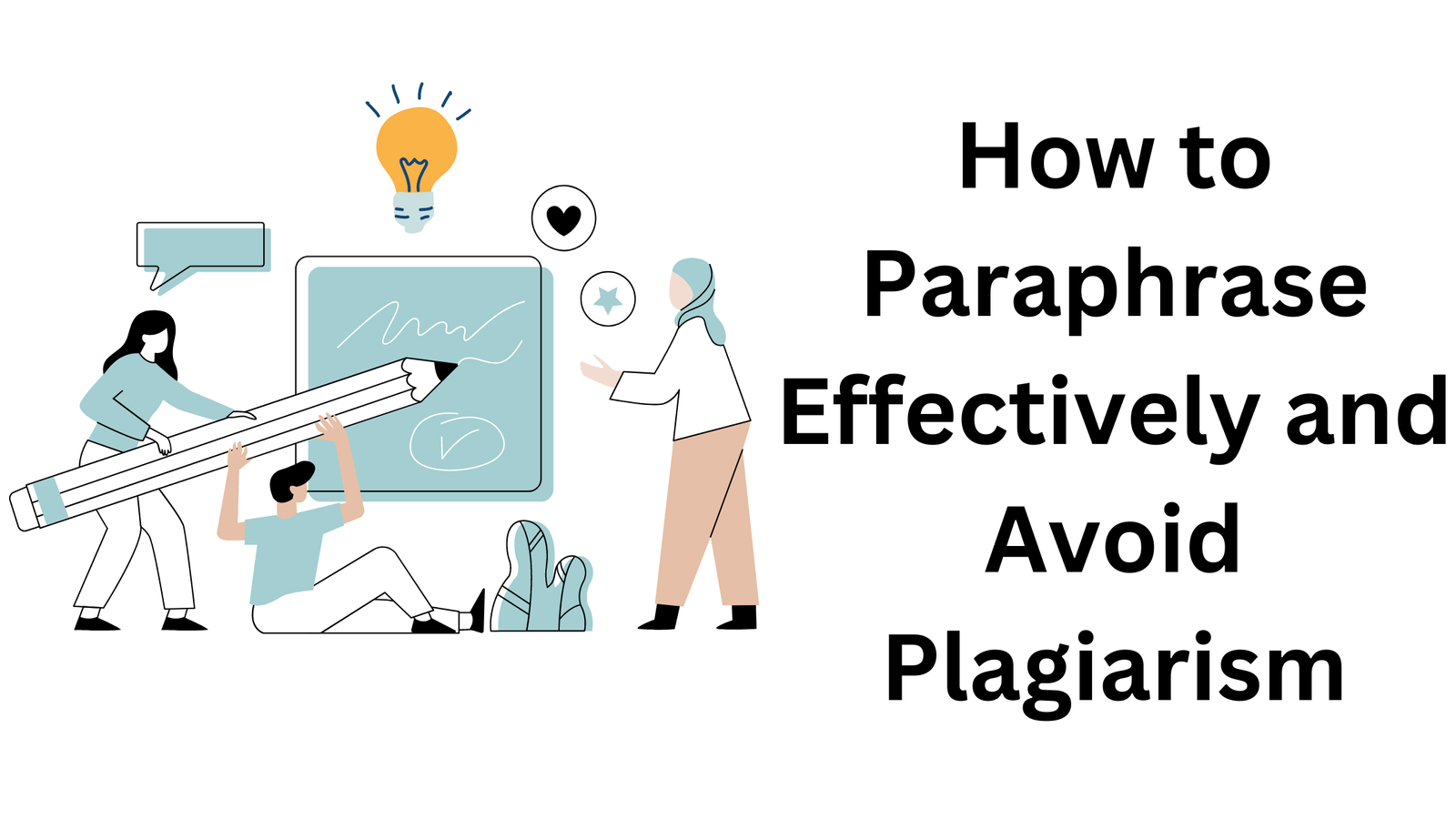JSON to CSV
Effortlessly convert JSON to CSV with our online free tool learn how to streamline your data conversion process today
Data format conversion plays a pivotal role in the digital world particularly for professionals who handle and analyze data as diverse data formats proliferate converting data into a compatible and useful format becomes crucial for effective analysis and decisionmaking one key tool in this domain is the json to csv converter json javascript object notation is a lightweight datainterchange format thats easy for humans to read and write and simple for machines to parse and generate however for many data applications particularly those involving spreadsheets and databases csv commaseparated values is a more practical format due to its straightforward structure and wide compatibility converting json to csv allows data professionals to seamlessly integrate json data into spreadsheet programs data analysis tools and other systems that utilize csv this conversion streamlines workflows by enabling easier manipulation analysis and visualization of data for professionals managing large datasets or integrating data from various sources the json to csv tool is indispensable it ensures that data can be efficiently transformed and utilized across different platforms facilitating smoother data management and enhanced decisionmaking processes
What is JSON nd CSV, and Why Convert Between Them
Json (javascript object notation) and csv (comma-separated values) are two widely used formats for representing and exchanging data. Json is a lightweight, text-based format designed for data interchange that is both easy for humans to read and write and easy for machines to parse and generate. It structures data in a hierarchical manner using key-value pairs, making it highly suitable for complex data structures such as nested objects and arrays. On the other hand, csv is a simpler format that represents tabular data in plain text, with each line corresponding to a row and each value separated by a comma. While csv is straightforward and ideal for representing flat, two-dimensional data, it lacks the ability to handle nested or hierarchical information. Converting between json and csv can be crucial for several reasons. Json’s flexibility and hierarchical structure make it a common choice for data exchange in web apis and applications, while csv’s simplicity makes it a preferred format for spreadsheets and data analysis tools. Converting json to csv can simplify data for use in tools that do not support hierarchical data structures, such as excel or other spreadsheet applications, enabling easier data manipulation and analysis. Conversely, converting csv to json allows for the enrichment of flat data with hierarchical contexts, making it suitable for web applications and apis that require more complex data structures. Understanding when and how to convert between these formats is essential for seamless data integration, interoperability, and effective data management across various platforms and tools.
Benefits of Using the JSON to CSV Tool The json to csv tool offers significant advantages for data management and analysis especially in scenarios where structured data needs to be transformed into a more universally accessible format json javascript object notation is a lightweight data interchange format thats easy for machines to parse and generate but can be complex for humans to read and manipulate particularly when dealing with nested or hierarchical data converting json to csv commaseparated values simplifies this data into a tabular format that is more intuitive and compatible with a wide range of applications including spreadsheets and databases this conversion is particularly beneficial for data analysts and business professionals who need to generate reports perform data analysis or integrate data into tools that do not natively support json csv files being plain text are also easier to handle for tasks like data importexport sharing and compatibility with various data processing tools additionally the json to csv tool often provides options for flattening nested structures which helps in transforming complex json data into a more digestible and analyzable format overall the ability to convert json to csv enhances data usability streamlines workflows and facilitates better data management practices
Key Features of the JSON to CSV Tool The json to csv tool offers several key features that streamline the process of converting data from json format into a more accessible and widely used csv format one of its primary advantages is its ability to handle complex json structures including nested arrays and objects converting them into a flat tabular format suitable for analysis and reporting the tool typically includes options for customizing the conversion process such as selecting specific fields to include or exclude and mapping json keys to csv columns to ensure data consistency another important feature is the ability to handle large datasets efficiently allowing users to convert substantial volumes of json data without significant performance issues many json to csv tools also provide options for data validation and error handling ensuring that the conversion process does not compromise data integrity additionally some tools offer integration with other data processing systems or platforms enhancing their usability in various workflows userfriendly interfaces often with draganddrop functionality or simple upload features make the tool accessible even for those without advanced technical skills facilitating seamless data conversion and integration
Step-by-Step Guide to Using the JSON to CSV Tool Using a json to csv tool is a straightforward process that can significantly enhance data usability particularly when working with data sets that need to be transformed for easier analysis or integration into spreadsheet applications the first step is to prepare your json data ensuring that it is wellstructured and free of errors next open your json to csv tool which is typically an online application or software that specializes in data conversion upload your json file or paste the json data directly into the provided text area the tool will then parse the json converting the hierarchical data structure into a tabular format suitable for csv as you initiate the conversion you may be prompted to configure certain settings such as specifying which json fields should be included in the csv or adjusting the delimiter used in the output file once youve made the necessary adjustments proceed to convert the data the tool will generate a csv file which you can download and open with any spreadsheet software like microsoft excel or google sheets review the csv file to ensure that the data has been accurately represented and formatted this stepbystep process not only streamlines data manipulation but also makes it easier to share and analyze information across different platforms and applications
Best Practices for Converting JSON to CSV
Converting JSON to CSV is a common task for data manipulation and analysis and following best practices ensures the accuracy and usability of the resulting data First and foremost its crucial to understand the structure of your JSON data JSON files often contain nested arrays and objects which can complicate the conversion process Flattening the JSON structure where nested objects are transformed into a single flat table is essential to create a meaningful CSV output Tools and libraries that handle these conversions should be configured to manage nested data correctly either by creating multiple CSV files or by merging nested data into a single comprehensible row Additionally data consistency and cleanliness are vital Before converting validate the JSON data to ensure there are no anomalies or incomplete records Inconsistent or missing data can lead to errors or misleading information in the CSV file When performing the conversion its also important to handle data types properly JSON supports various data types such as strings numbers and arrays which may need to be standardized or reformatted in the CSV to maintain clarity and usability Another best practice is to carefully manage column headers in the CSV file Since JSON keys become CSV column headers its important to ensure they are meaningful and consistent For nested JSON structures headers should be descriptive enough to convey the hierarchical relationships of the original data Finally be aware of special characters and encoding issues as these can affect the readability and accuracy of the CSV file Using UTF8 encoding and escaping special characters properly can prevent data corruption and ensure compatibility with different applications By adhering to these best practices you can efficiently convert JSON data into a structured and reliable CSV format
Practical Applications for JSON to CSV Conversion Converting json to csv has numerous practical applications across various fields enhancing data accessibility and usability in data analysis converting json to csv allows analysts to work with data in a familiar spreadsheet format which is particularly useful for generating reports performing statistical analysis and creating visualizations for business intelligence csv files are often preferred for integration with dashboard tools and reporting software making jsontocsv conversion a key step in streamlining data workflows in software development especially during data migration or system integration converting json data to csv can facilitate easier data import and export between different systems or platforms for data science this conversion helps in preprocessing datasets enabling more straightforward manipulation and analysis using tools like pythons pandas library or r additionally in collaborative environments where team members might have varying levels of technical expertise csvs simplicity makes it a more accessible format for sharing data ensuring that insights can be easily communicated and acted upon overall the conversion from json to csv bridges the gap between complex hierarchical data structures and the flat tabular format often required for analysis and presentation
What are the key differences between JSON and CSV formats Json javascript object notation and csv commaseparated values are both popular formats for storing and exchanging data but they differ significantly in structure and use cases json is a lightweight textbased format that uses a hierarchical structure to represent data which makes it highly versatile and suitable for complex data relationships it supports nested objects and arrays allowing for more detailed and organized data representation jsons keyvalue pair format also makes it easy to read and write data programmatically on the other hand csv is a simpler flatfile format that stores data in a tabular form with each line representing a row and columns separated by commas while csv is ideal for straightforward datasets and is widely used in spreadsheets and databases it lacks the capability to handle hierarchical or nested data this makes json more suitable for scenarios where data complexity and structure are important whereas csv is preferred for simpler spreadsheetlike data additionally json files are typically larger due to their textbased nature and metadata while csv files are more compact and efficient for large datasets with straightforward relationships
Is there a maximum file size that can be converted When it comes to converting files particularly those involving data formats like json to text the question of maximum file size often arises the capability to handle large files during conversion depends largely on the specific tool or software being used many online converters and applications set a maximum file size limit to ensure efficient processing and avoid overloading their servers or the users local system for instance some tools might cap the file size at a few megabytes while more advanced or paid services could support larger files potentially ranging into gigabytes this limitation is typically implemented to maintain optimal performance and stability during the conversion process additionally larger files require more memory and processing power which can lead to slower conversion times or even failures if the system or tool is not adequately equipped it is also important to consider the format of the file being converted as highly nested or complex json files may have additional implications for the conversion process therefore when dealing with large files its crucial to choose a converter that suits your file size needs and to be aware of the potential performance impacts or limitations associated with it
How is my data secured during the conversion process
When converting data whether its from json to text or any other format securing your data during the conversion process is crucial to maintaining privacy and integrity typically secure data conversion involves several layers of protection firstly encryption plays a key role data is often encrypted during transmission between your device and the conversion tools server ensuring that unauthorized parties cannot access it additionally reputable data conversion tools implement strong access controls and authentication mechanisms to ensure that only authorized users can initiate or view the conversion process once the data reaches the server it is processed in a secure environment where best practices in cybersecurity are adhered to including the use of firewalls intrusion detection systems and regular security audits after the conversion is complete the data is usually deleted from the server or securely managed according to the tools privacy policy minimizing the risk of data breaches moreover many services offer options to manage data retention and deletion allowing users to have control over their information by combining these security measures data conversion tools aim to protect your data from unauthorized access and ensure that your information remains confidential and secure throughout the entire conversion process
Can I convert multiple JSON files to CSV simultaneously Yes you can convert multiple json files to csv simultaneously and doing so can be incredibly efficient especially when handling large datasets or numerous files to achieve this you can use various tools and software that support batch processing many data conversion tools and scripts are designed to handle bulk operations allowing you to select multiple json files and convert them to csv in one go these tools typically offer userfriendly interfaces where you can specify input and output directories define conversion settings and start the batch process with a single command additionally programming languages like python provide libraries such as pandas that can be utilized to automate the conversion process through scripting by reading each json file transforming the data into a dataframe and then saving it as a csv file you can streamline the process and ensure consistency across all converted files this capability not only saves time but also reduces the potential for human error making it a valuable approach for data analysts and professionals dealing with large volumes of json data
What if my JSON structure is complex or nested When dealing with a complex or nested json structure the process of conversion to text or any other format can become quite intricate json or javascript object notation is designed to represent hierarchical data using nested arrays and objects which can add layers of complexity to the data structure if your json data is deeply nested it means that objects and arrays are contained within other objects and arrays creating a multilevel hierarchy this complexity can pose challenges during conversion because the relationships and dependencies between different parts of the data need to be preserved tools designed to handle json to text conversion must be adept at traversing these nested structures maintaining the integrity of the data while flattening it into a more readable or usable format for instance a simple json structure might be straightforward to convert into a plain text format but a complex nested json structure requires careful parsing and transformation to ensure that all hierarchical relationships are accurately represented specialized tools and methods are often employed to navigate these nested levels and some may offer customization options to tailor the output to specific needs its crucial to choose a tool that can handle the depth and complexity of your json data to ensure that the conversion process is efficient and that the resulting text is both accurate and comprehensible








.png)




